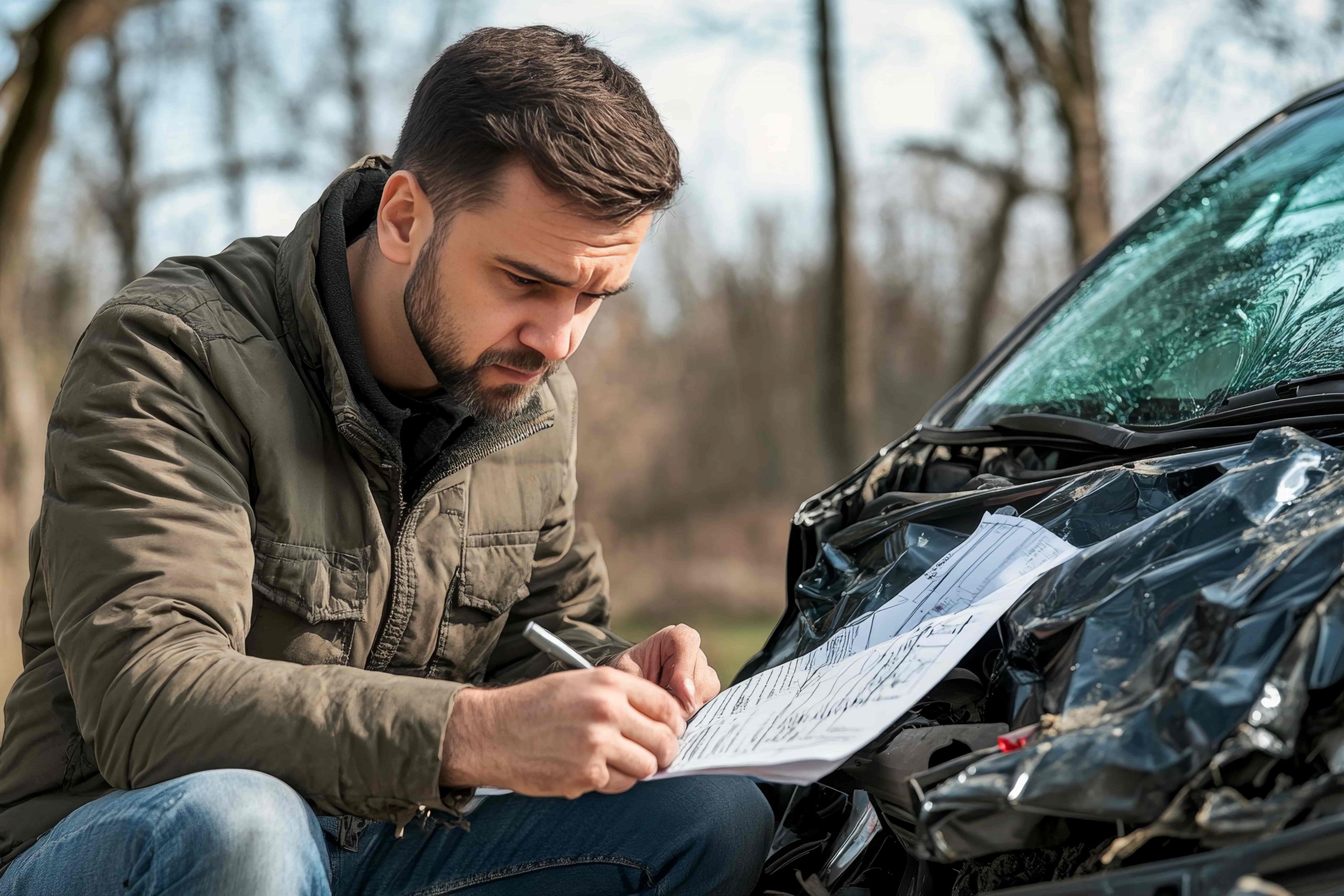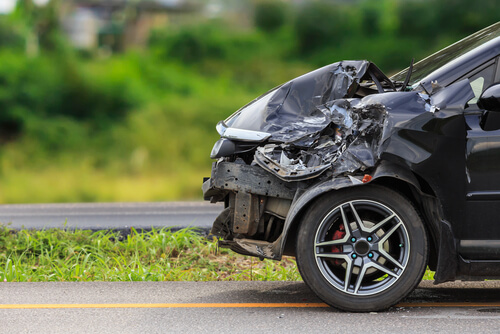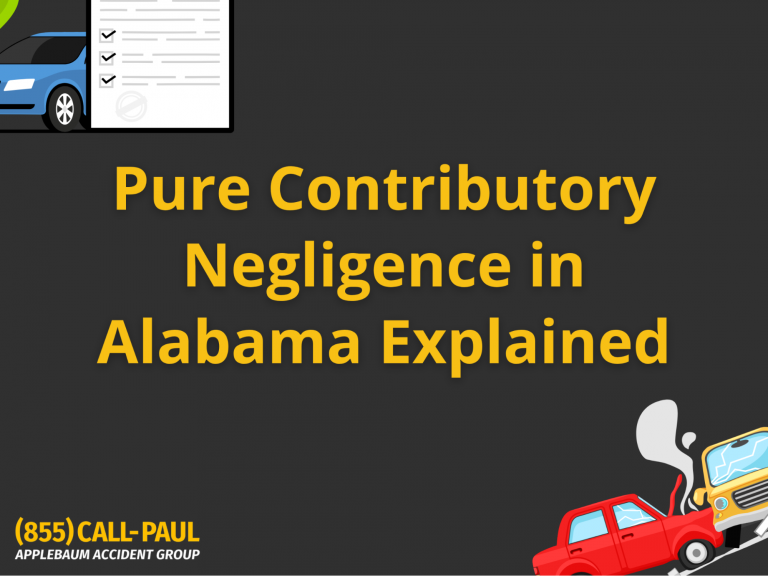Being involved in a car accident is stressful enough without the added confusion of figuring out who pays for medical expenses. Florida operates under a no-fault insurance system, meaning that after an accident, your own insurance policy—specifically Personal Injury Protection (PIP) coverage—pays for your initial medical bills, regardless of who was at fault.
While this system is designed to streamline compensation and reduce legal disputes, it also comes with limitations.
PIP only covers a portion of your medical expenses and lost wages, leaving many accident victims wondering how to handle bills that exceed coverage limits. If you’ve been involved in an accident, it would certainly help to have every source laid out for you in one place—including PIP, health insurance, the at-fault driver’s insurance, and potential legal claims.
Personal Injury Protection (PIP) Coverage in Florida

Florida’s Personal Injury Protection (PIP) coverage is the foundation of the state’s no-fault insurance system. Every Florida driver is required to carry a minimum of $10,000 in PIP coverage, which helps pay for medical bills and lost wages after an accident—regardless of who was at fault.
What Does PIP Cover?
PIP covers 80% of medical expenses related to accident injuries, up to the $10,000 policy limit. This includes:
- Emergency medical treatment
- Doctor visits, hospital stays, and surgeries
- Diagnostic tests (X-rays, MRIs, etc.)
- Rehabilitation and physical therapy
- Prescription medications
Breakdown of PIP Benefits
- Medical Bills – Covers 80% of necessary medical expenses up to the policy limit.
- Lost Wages – Covers 60% of lost wages due to accident-related injuries.
- Death Benefits – Provides an additional $5,000 to the family of a deceased accident victim (separate from the $10,000 cap).
The 14-Day Rule: Don’t Miss This Deadline
To qualify for PIP benefits, you must seek medical treatment within 14 days of the accident. Waiting too long can jeopardize your ability to claim PIP coverage, leaving you responsible for medical bills.
What Happens When PIP Coverage Runs Out?

Florida’s Personal Injury Protection (PIP) coverage helps with medical expenses after a car accident, but with a $10,000 cap, it often isn’t enough—especially if the injuries are serious. Once PIP is exhausted, accident victims must look for other sources to cover their remaining medical bills.
1. Health Insurance as a Secondary Source
After PIP is maxed out, your private health insurance, employer-sponsored plan, Medicare, or Medicaid may step in to cover additional medical costs. However, keep in mind:
- Co-pays, deductibles, and out-of-pocket costs still apply
- Some health insurance policies exclude auto accident injuries—always check your policy
- Your health insurer may place a lien on any future settlement to recover costs
2. Medical Payments (MedPay) Coverage
MedPay is an optional add-on to Florida auto insurance that helps fill the gaps left by PIP. It covers:
- The remaining 20% of medical bills that PIP doesn’t pay
- PIP deductibles (if you opted for a deductible plan)
- Medical costs beyond the $10,000 PIP limit
Unlike health insurance, MedPay has no deductibles or co-pays, making it a valuable option for accident victims who want immediate financial relief for medical expenses.
Can You Sue the At-Fault Driver for Medical Bills?
Since Florida is a no-fault state, your own Personal Injury Protection (PIP) coverage is the first source for medical bills—regardless of who caused the accident. However, when injuries are severe and medical costs exceed PIP limits, you may have the right to pursue a claim against the at-fault driver’s insurance.
When Can You File a Claim Against the At-Fault Driver?
You can step outside the no-fault system and seek compensation from the at-fault driver if:
- Your medical expenses exceed your PIP limits
- The accident resulted in a serious injury, as defined by Florida law
What is Florida’s Serious Injury Threshold?
To sue the at-fault driver for damages beyond PIP, your injuries must meet Florida’s serious injury threshold, which includes:
- Significant or permanent loss of an important bodily function
- Permanent injury diagnosed by a medical professional
- Significant scarring or disfigurement
- Death (in which case surviving family members can file a wrongful death claim)
Types of Compensation You Can Claim
If your injuries meet the serious injury threshold, you can pursue a personal injury claim against the at-fault driver’s Bodily Injury Liability (BIL) insurance (if they have it). Potential compensation includes:
- Medical expenses beyond PIP (current and future costs)
- Lost wages and loss of earning capacity
- Pain and suffering (which PIP does NOT cover)
- Emotional distress and mental anguish
- Loss of enjoyment of life
- Wrongful death damages (if the accident resulted in a fatality)
What If the At-Fault Driver Has No Insurance?
Unfortunately, Florida does not require drivers to carry Bodily Injury Liability (BIL) coverage. If the at-fault driver is uninsured or underinsured, you may need to:
- Use your Uninsured/Underinsured Motorist (UM/UIM) coverage, if you have it
- Explore legal action against the driver personally (though collecting compensation may be difficult)
If you believe your injuries qualify for a lawsuit, Applebaum Accident Group can connect you with experienced attorneys who will fight to get you the compensation you deserve.
Helpful Resource -> How Often Do People Win Lawsuits For Car Accidents In Florida?
What Happens When Insurance Doesn’t Cover All Your Medical Bills?
Even with PIP, health insurance, and potential claims against the at-fault driver, medical bills after a car accident can still be overwhelming. If you’re facing out-of-pocket costs, there are several options to manage and reduce your medical debt while you wait for a settlement or additional compensation.
1. Negotiating with Healthcare Providers
Many hospitals and doctors expect delays in payment for accident-related injuries. You may be able to:
✔ Request a reduced bill – Some providers offer discounts if you can pay a portion upfront.
✔ Dispute overcharges – Medical bills often contain errors. Review your bills carefully and challenge unnecessary fees.
✔ Negotiate delayed payment – Some providers will hold off on collections if they know you’re waiting on a settlement.
2. Payment Plans and Medical Liens
If you can’t pay your bills right away, there are options:
- Payment Plans – Many medical providers offer monthly payment plans with little or no interest, allowing you to spread out the costs.
- Medical Liens – Some hospitals and doctors will treat you on a lien basis, meaning they wait to be paid from your future settlement.
- Liens must be repaid before you receive any settlement money.
- A lawyer can help negotiate down the amount owed.
3. Litigation Financing (Lawsuit Loans)
If your case is strong, you may qualify for litigation financing, also called a lawsuit loan.
- This allows you to borrow money against your expected settlement to cover medical expenses.
- You only repay the loan if you win your case.
- Beware of high interest rates—work with an attorney to ensure fair terms.
What If You’re at Fault for the Accident?
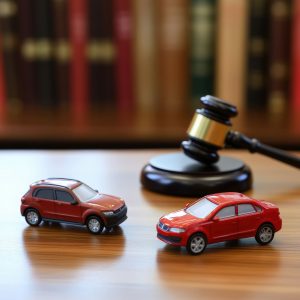
Being partially or fully at fault for a car accident doesn’t necessarily mean you’re left with no options for covering medical expenses. Florida’s insurance laws and comparative negligence system determine how much compensation—if any—you can still recover.
How Does Fault Affect Your Ability to Recover Damages?
- PIP Still Covers Your Medical Bills – Since Florida is a no-fault state, your Personal Injury Protection (PIP) coverage pays for your medical expenses and lost wages regardless of who caused the accident.
- You Cannot Sue Unless You Meet the Serious Injury Threshold – If you’re at fault, you typically cannot file a lawsuit against the other driver unless they were also partially at fault and your injuries meet Florida’s serious injury threshold (permanent injury, significant scarring, or loss of function).
Florida’s Comparative Negligence System
Florida follows a modified comparative negligence rule (as of March 2023), which means:
- If you’re more than 50% at fault, you cannot recover any damages from the other driver.
- If you’re 50% or less at fault, you can recover damages, but they are reduced by your percentage of fault.
Example
- You’re found 30% at fault for an accident.
- Your total damages are $100,000.
- Your compensation would be reduced by 30%, meaning you’d receive $70,000.
What If You’re 100% at Fault?
- You cannot seek additional compensation from the other driver.
- You’ll have to rely on your PIP coverage, MedPay (if you have it), or health insurance to cover medical bills.
- If you have collision coverage, it may help pay for your car repairs.
- If the other driver sues you, your Bodily Injury Liability (BIL) insurance (if you have it) may cover their damages.
Dealing with Insurance Companies After a Car Accident
Insurance companies are not on your side—their goal is to pay out as little as possible on claims. Whether you’re dealing with your own PIP provider or trying to get compensation from an at-fault driver’s insurer, understanding their tactics can help you protect yourself.
Common Tactics Insurance Companies Use to Minimize Payouts
✔ Delaying Claims – Insurers may drag out the process, hoping you’ll get desperate and accept a low offer.
✔ Denying Coverage – They might claim your injuries aren’t accident-related or that you missed deadlines.
✔ Offering Low Settlements – Initial offers are often far below what your claim is worth.
✔ Blaming You for the Accident – If there’s room for doubt, they may argue you were partially or fully at fault.
✔ Questioning Your Medical Treatment – They may refuse to cover treatments they deem “unnecessary” or “excessive.”
Get the Compensation You Deserve – Call Paul Today
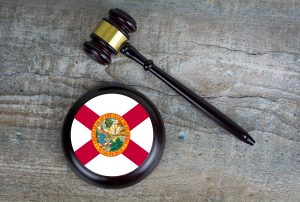
Navigating medical bills, insurance claims, and legal hurdles after a car accident can be overwhelming—especially when insurance companies try to minimize payouts. If you still have trouble understanding this complex system, you don’t have to do it alone.
When Should You Call an Attorney?
- If your medical bills exceed PIP limits
- If you suffered a serious injury and need to pursue compensation from the at-fault driver
- If an insurance company is delaying, denying, or undervaluing your claim
- If you’re partially at fault and need to protect your rights under Florida’s comparative negligence laws
How an Attorney Can Help
An experienced car accident lawyer will:
✅ Handle negotiations with insurance companies so you don’t settle for less than you deserve
✅ Prove liability and fight for maximum compensation beyond what PIP covers
✅ Ensure all paperwork and deadlines (like the 14-day PIP rule) are met
✅ Help reduce medical expenses by negotiating liens and payment plans
✅ Take your case to court if insurers refuse a fair settlement
Call Applebaum Accident Group Today
At Applebaum Accident Group, we connect accident victims with top-rated attorneys and medical professionals who will fight for your rights. Don’t let insurance companies dictate what your recovery is worth—get the legal help you need today.
📞 Call us now at 855-225-5728 for a free consultation!

